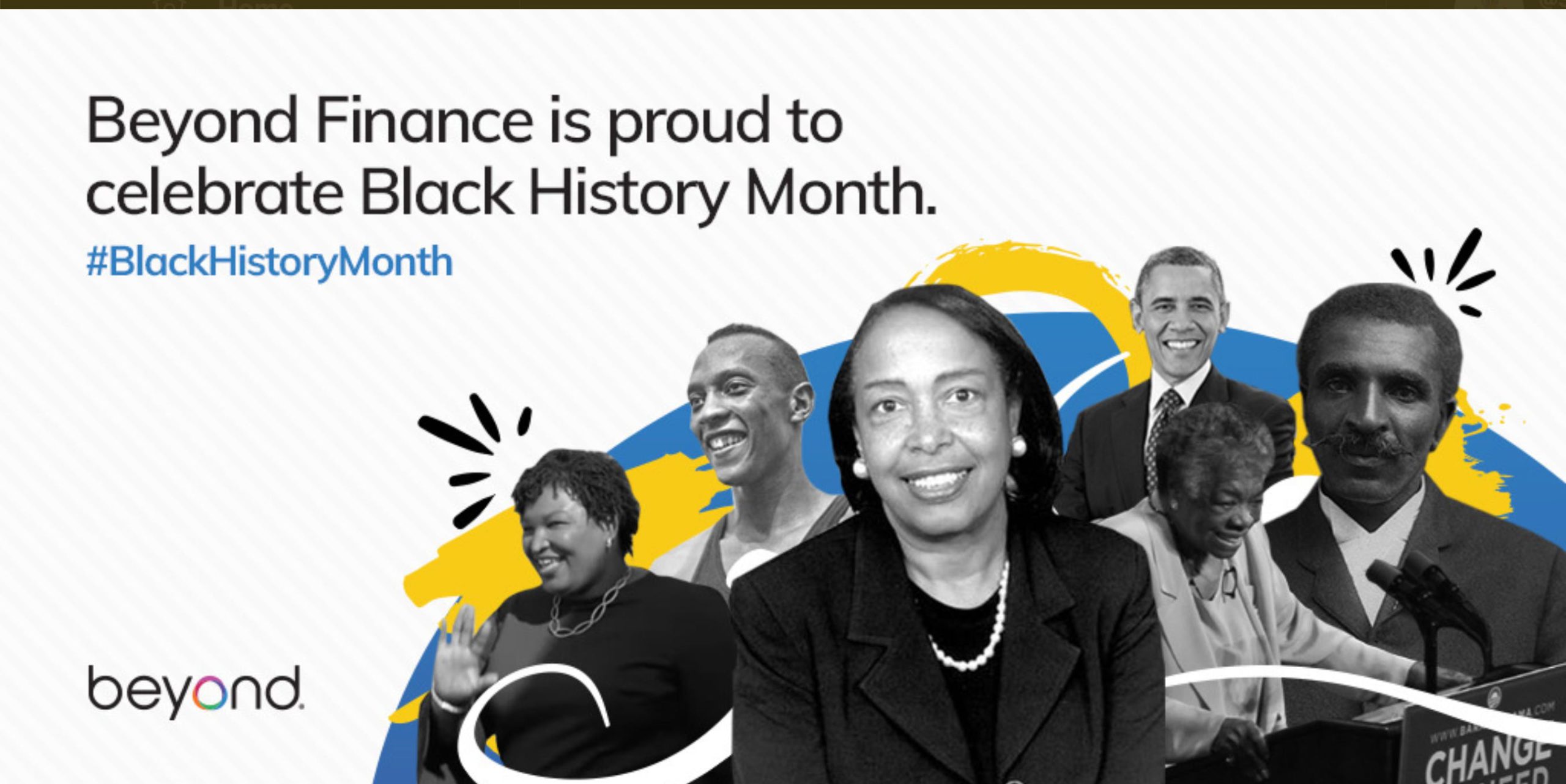It is February. While all the big box stores are preparing for what they hope will be a profitable Valentine’s Day, there is a month-long celebration that many Americans hear about through school, athletics, government, and the media, or hopefully, at home.
Black History Month began in February 1926 with a bold young academic named Dr. Carter G. Woodson. He chose February to celebrate “Negro History Week” because of Frederick Douglass and President Abraham Lincoln’s February birthdays – both intrinsic to black Americans’ freedom and their collective fight for civil rights in this nation.
If you are reading this blog, you know we focus on personal debt and other financial issues. However, you may be surprised to know how Black Americans have been instrumental in the financial market. Let’s step into the arena and discover black history here.
Richard Allen & Absalom Jones (1778)
Together, these two evangelical preachers led the formation of the “Free African Society” as a religious mutual-aid group to help newly freed black colonists on socioeconomic issues.
Blanche Kelso Bruce (1879)
Mr. Bruce was the first African American—and former slave—to preside over the U.S. Senate and whose signature appeared on currency as Register of the Treasury in 1881.
Capital Savings Bank (1888)
This first bank in the United States to be organized and operated by African Americans to serve African Americans. By 1892 after only 4 years in operation, it had deposits amounting to more than $300,000, primarily for churches and fraternal organizations. It closed in 1902 at 609 F Street, NW, Washington D.C., which is designated a D.C. Historic Landmark today.
Maggie L. Walker (1903)
She would become the first female African American bank president after founding the St. Luke Penny Savings Bank. The bank continued 106 years until 2009 under the name of Consolidated Bank & Trust—the product of a merger with two other black-owned banks.
Madam C.J. Walker (1910)
Born Sarah Breedlove, she would become the first black millionaire at the turn of the century. Her successful line of hair care products made her one of the wealthiest people in the country. (Check out a fascinating movie on Netflix about her, too, starring Octavia Spencer.)
Major R.R. Wright (1927)
Born into slavery in 1855, Richard R. Wright would become commissioned a major in the U.S. Army and appointed as the Army’s first African American paymaster by President McKinley. Following the war and his retirement, Wright moved to Philadelphia to open a bank. He founded the Negro Bankers Association in 1927, which later became the National Bankers Association and is still operational today.
Joseph L. Searles III (1970)
Raised in Ft. Hood, Texas, he began making strides as Killeen High School’s first black player. Following collegiate football at Kansas State, earning a degree in political science, Searles graduated from George Washington University Law School while playing for the New York Giants. He would use that notoriety to become the first black floor member and broker of the New York Stock Exchange in 1970.
Azie Taylor Morton (1977)
Her first job was in a cotton field in Dale, Texas, near Austin. A graduate of Huston-Tillotson College in 1956 (cum laude), she taught girls and worked as an assistant at the Texas AFL-CIO. Eventually, President Jimmy Carter appointed her as the 36th Treasurer of the United States and she became the first African American woman to have her signature on U.S. currency.
Reginald F. Lewis (1987)
While at Virginia State University, Mr. Lewis lobbied strenuously for a summer program at Harvard Law School. He was persuasive and impressive. So much so that Lewis became the first person in Harvard Law School’s 148-year history (at the time) to be admitted before applying. Following an illustrious career in law and as a venture capitalist, he developed TLC Beatrice International, a grocery store conglomerate, that became the first black-owned company with more than $1 billion in sales.
Harry Alford, Kay Debow, Ron Brown (1993)
This was a dynamic year for African Americans in the field of finance. Harry Alford and Kay Debow (husband and wife) noticed each ethnic segment in America had a national business association to help manage the equity in business, except for African Americans. Following their work with the Indianapolis Chamber of Commerce, they created the National Black Chamber of Commerce. Additionally, following a life in law, politics, and activism within the Democratic National Committee, Ron Brown was appointed by President Bill Clinton as the first African American Secretary of Commerce.
Robert L. Johnson (2001)
Media magnate and founder of Black Entertainment Television in 1979 became certified as the nation’s first African American billionaire. He later spearheaded his own venture capitalist firm, RLJ Companies, following the sales of BET to Viacom, and became the first African American principal owner of a North American major league sports franchise, the Charlotte Bobcats.
